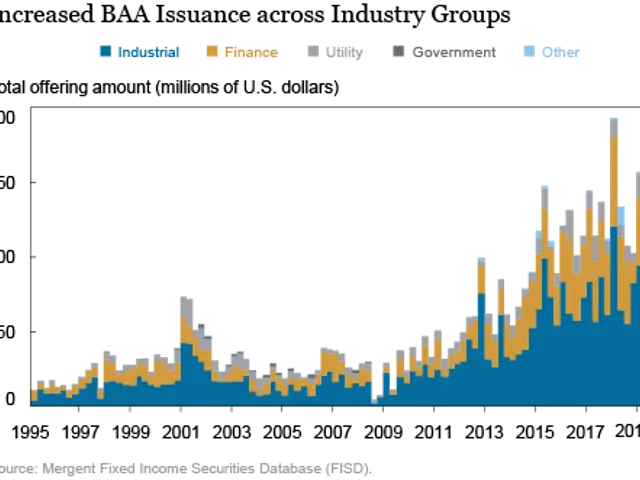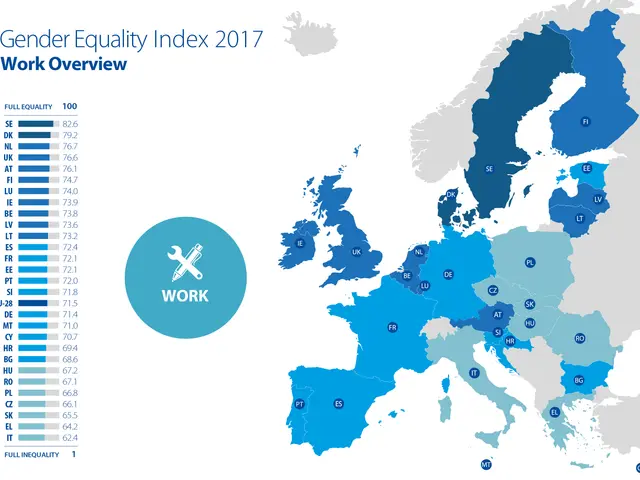Warier Home Shoppers Lead to Cautious Real Estate Market
In today's real estate market, it's no secret that buyers are backing out of deals more frequently after signing an offer. According to recent data, this trend has become increasingly prevalent, with some real estate agents reporting an uptick in last-minute cancellations.
One reason behind this surge in buyer back-outs can be attributed to the current economic climate. With fears of a looming recession and unstable financial markets, consumers are growing more cautious about making big purchases. The uncertainty surrounding the future economy is causing potential buyers to hesitate before committing to a deal.
Moreover, the rising mortgage rates are another factor contributing to this trend. As mortgage rates have climbed, borrowing costs have become less affordable for many buyers, particularly first-time buyers. The higher interest rates have deterred many from entering the market, leading to a decrease in overall demand.
Sellers' expectations are also playing a role in this situation. Many sellers remain optimistic and are holding out for their asking prices, despite market dynamics suggesting that prices may need to come down to match buyer demand. When prices aren't affordable, buyers are simply walking away from the deals.
In addition, the increased inventory in the market is giving buyers more options and causing them to become more selective. New home construction has slowed, which is introducing caution into the market. Buyers are no longer willing to pay above list price or settle for unfavorable terms.
To sum up, the rise in buyer back-outs can be attributed to a combination of factors including economic uncertainty, rising mortgage rates, misaligned seller expectations, the availability of more options in the market, and first-time buyer nervousness. This trend is causing slower sales and longer market times as buyers become more cautious and selective.
Investors might be rethinking their strategies, given the increased caution among buyers and the slower sales in the real estate market. This economic uncertainty could potentially affect other sectors, such as finance and investing, as buyers may choose to hold on to their funds rather than invest in stocks or real-estate.
First-time buyers, in particular, are finding the current real-estate market challenging due to rising mortgage rates and sellers' high expectations that don't align with the current market dynamics. As a result, they might be turning to safer investment options, such as bonds or mutual funds, until market conditions improve.




